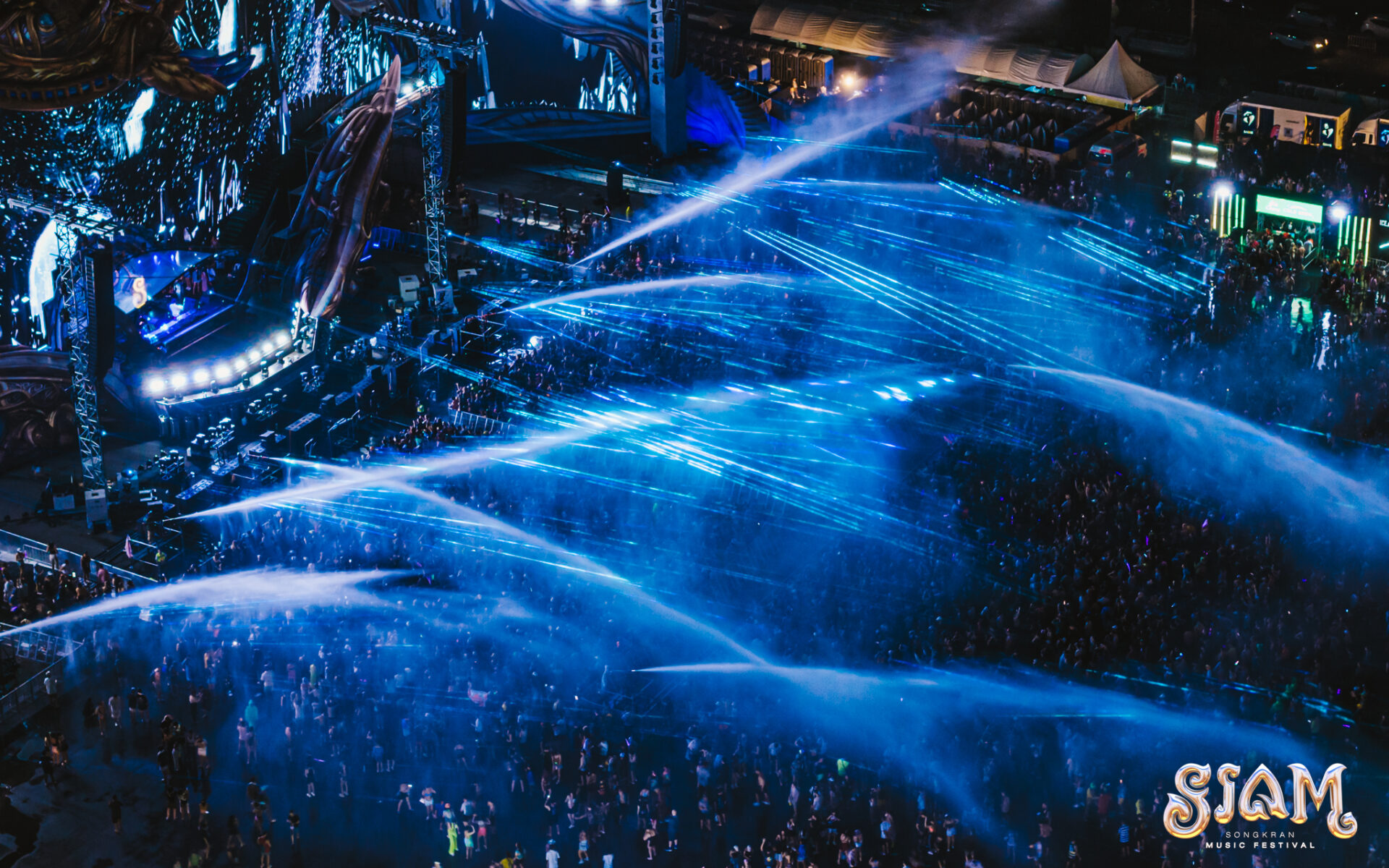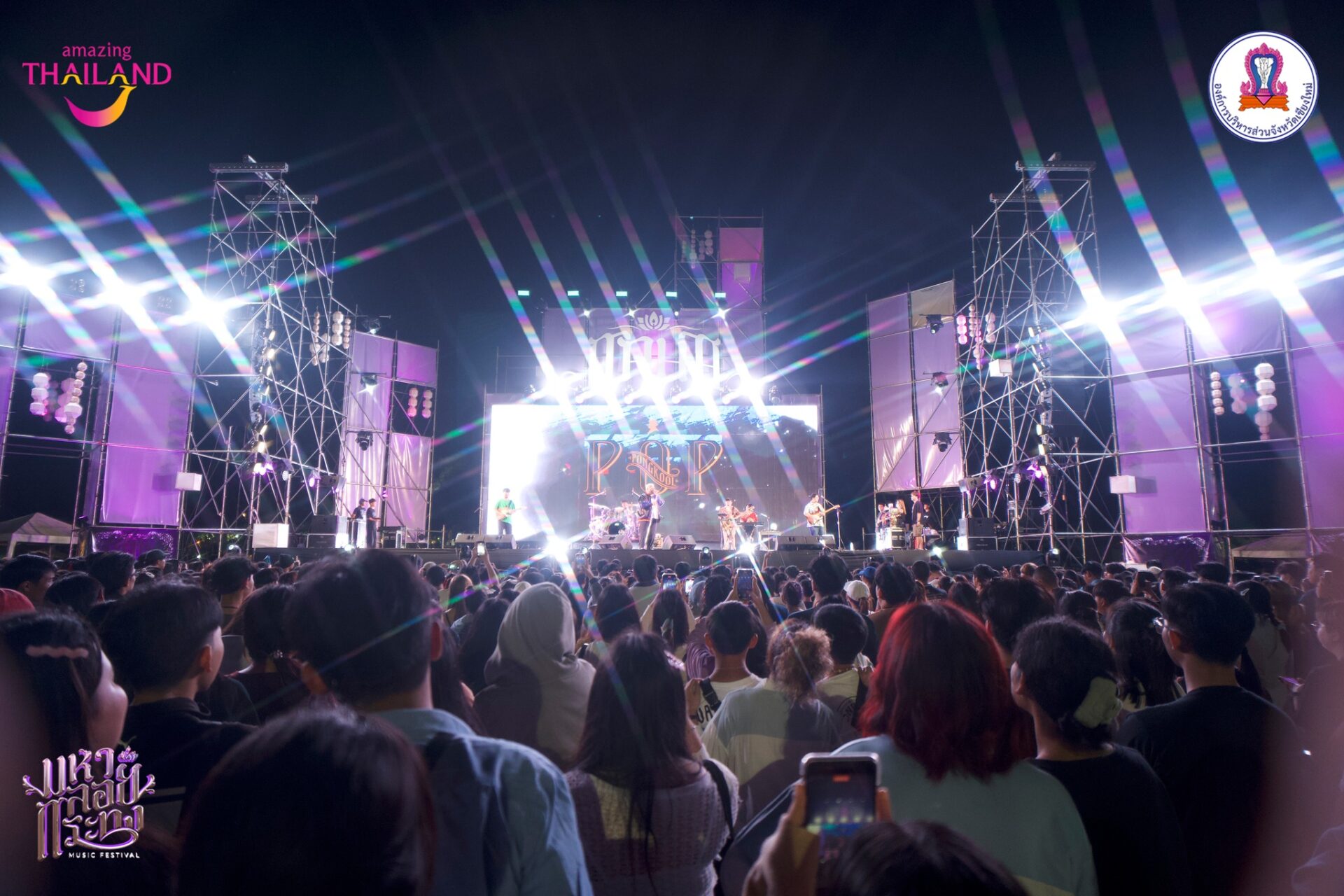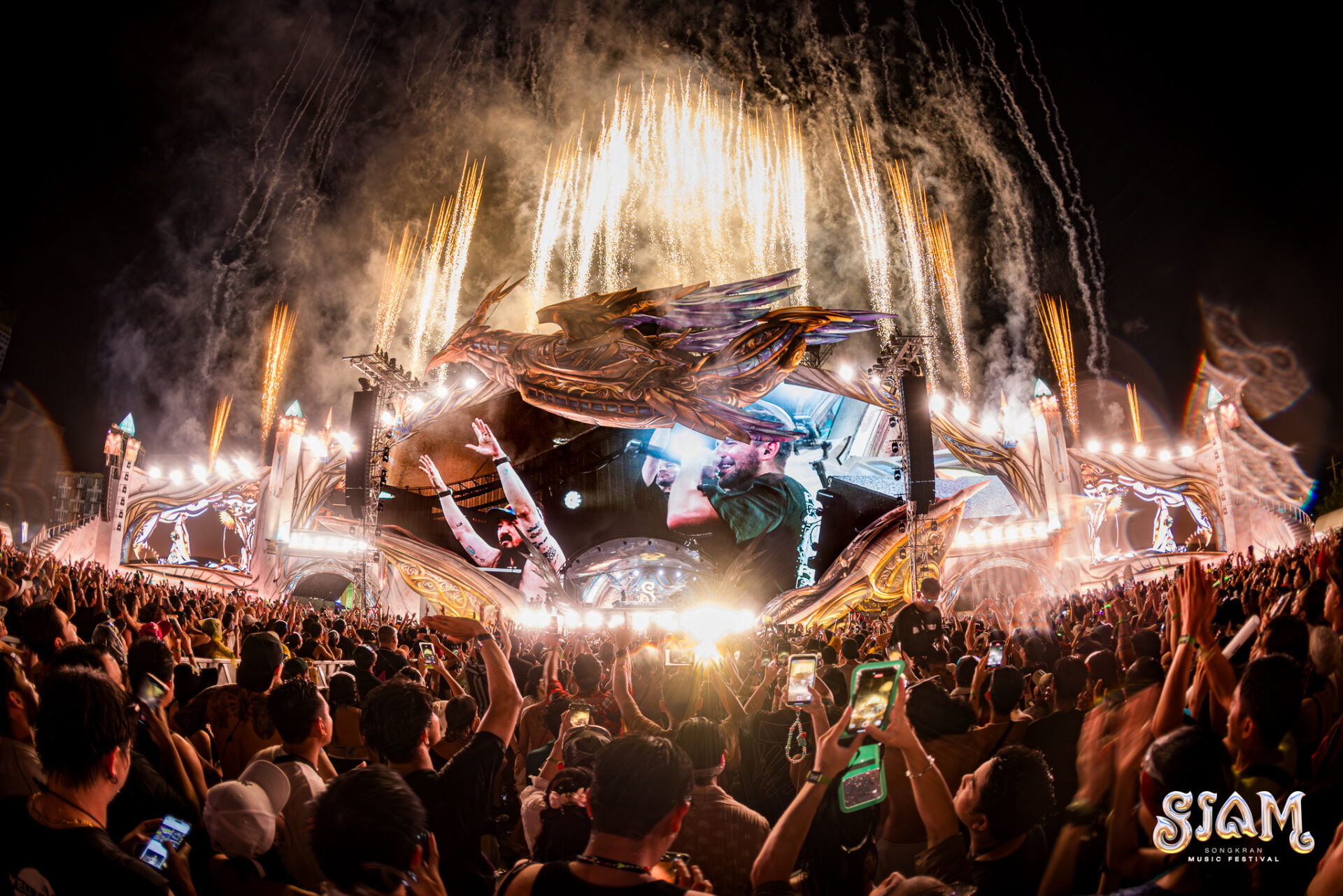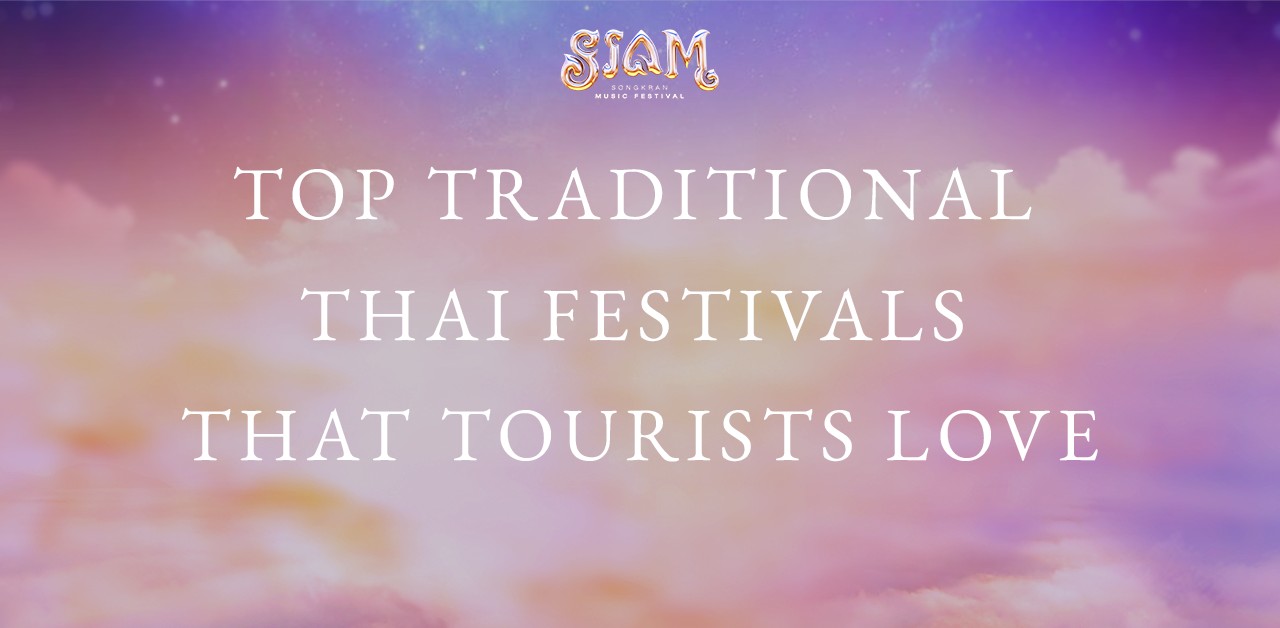Thailand is a country rich in culture, history, and tradition. One of the best ways to experience this vibrant culture is through its Traditional Thai Festivals. These celebrations are more than just events—they are a window into the soul of Thai society, filled with colorful rituals, heartfelt ceremonies, and a deep sense of community. For visitors, joining in these festivities is a memorable way to connect with the local spirit and create lasting memories.
Each festival offers its unique charm, blending ancient customs with joyful celebration. Before we dive into the specifics of the most beloved traditional Thai festivals, it’s worth noting how these events often revolve around the lunar calendar, religious beliefs, and the changing seasons, which shape the rhythm of life in Thailand.
Let’s explore some of the top Traditional Thai Festivals that tourists from all over the world love to experience.
Top 7 Traditional Thai Festivals That Captivate Tourists
Thailand is truly a land of vibrant celebrations and rich cultural traditions. Among the many festivals held throughout the year, some stand out as the most popular and loved by tourists from around the world. These Traditional Thai Festivals showcase the country’s heritage, spirituality, and joyful community spirit.
Before we dive into the details of these incredible festivals, it’s important to appreciate how each event offers a unique glimpse into Thai life, blending history, religion, and local customs. Let’s explore the top seven festivals that you don’t want to miss when visiting Thailand.
1. Songkran – The Thai New Year Celebration

When April arrives, Thailand bursts into one of its most famous Traditional Thai Festivals—Songkran, the Thai New Year. This festival is famous for its playful water fights and deeply meaningful rituals that mark a fresh start. Songkran is more than just a party; it is a time for families to reunite, pay respects to elders, and make merit at temples.
- The festival lasts for three to five days, with the central day usually on April 13th.
- Traditionally, people gently pour water over Buddha statues and elders’ hands as a symbol of purification and blessings.
- Street water fights have become a lively attraction, where locals and tourists alike drench each other to cool off in the heat.
For visitors wanting to fully immerse themselves, participating in Songkran offers a unique blend of fun, spirituality, and cultural insight. It’s also a perfect time to witness Thailand’s warmth and friendliness firsthand.
If you want to know more about the cultural significance and traditions behind this vibrant festival, check out our detailed guide on Songkran.
2. Loy Krathong – The Festival of Lights

As the rainy season begins to fade, Loy Krathong lights up the night skies across Thailand with thousands of floating lanterns and glowing candle-lit offerings on water. Celebrated on the full moon night of the 12th lunar month, this festival is one of the most picturesque Traditional Thai Festivals.
Before diving into the beauty of Loy Krathong, it’s important to understand its symbolic meaning. The act of releasing decorated krathongs (small floats made from banana leaves, flowers, and candles) onto rivers and lakes is meant to pay respect to the water goddess and to wash away bad luck and misfortune.
What makes Loy Krathong particularly enchanting for tourists is:
- The glowing spectacle of countless lanterns drifting along waterways.
- Traditional dance and music performances often accompany the celebrations.
- The romantic atmosphere, perfect for couples and families alike.
For many visitors, Loy Krathong is a magical night where wishes are silently sent into the water, hoping for good fortune in the year ahead.
3. Yi Peng Lantern Festival – A Night of Floating Lights
Closely related to Loy Krathong but celebrated mainly in Northern Thailand, especially in Chiang Mai, Yi Peng is another stunning Traditional Thai Festival that dazzles tourists. This festival is famous for its sky lantern releases that light up the night in a breathtaking display.
Before describing the experience, it’s key to note that Yi Peng coincides with Loy Krathong, but focuses on sending lanterns into the sky rather than floating them on water. The sky lanterns are believed to carry away misfortunes and invite good luck.
Visitors who attend Yi Peng often find themselves:
- Standing under a sky filled with thousands of glowing lanterns drifting upwards.
- Witnessing traditional Lanna cultural performances and parades.
- Participating in meditative ceremonies and prayers for peace and prosperity.
The festival creates a surreal, almost spiritual environment, making it one of the most sought-after Traditional Thai Festivals for travelers seeking beauty and meaning.
4. Phi Ta Khon – The Ghost Festival
If you’re looking for something unusual and full of local folklore, Phi Ta Khon offers a fascinating dive into rural Thai traditions. Celebrated in the northeastern province of Loei, this lively festival is a blend of Buddhist rituals and animist beliefs, making it one of the most colorful Traditional Thai Festivals.
Before we jump into the madness of costumes and music, it’s important to understand that Phi Ta Khon is about inviting spirits and asking for protection and good luck for the community.
What makes Phi Ta Khon unforgettable for tourists:
- Locals wearing elaborate ghost masks made from coconut shells and decorated with bright colors.
- A parade featuring traditional music, dancing, and playful antics.
- Rituals that blend humor, reverence, and community bonding.
For travelers wanting a cultural experience off the beaten path, Phi Ta Khon reveals the joyful and mysterious side of Thai spirituality.
5. Visakha Bucha Day – Honoring the Buddha’s Life
Among the many religious Traditional Thai Festivals, Visakha Bucha Day holds a special place. This day commemorates three important events in the life of the Buddha: his birth, enlightenment, and passing away. It usually falls in May on the full moon day of the sixth lunar month.
Before exploring the customs, it’s good to know that this festival is marked by solemnity and deep respect, contrasting with the more festive Thai celebrations.
Visitors observing Visakha Bucha Day will witness:
- Candlelit processions around temples as people walk in a clockwise direction three times.
- Devotees make merit by offering food and listening to sermons.
- A nationwide pause on entertainment and loud activities to honor the sacred day.
Experiencing Visakha Bucha Day allows tourists to appreciate the spiritual heart of Thai culture and the importance of Buddhism in daily life.
6. Candle Festival (Ubon Ratchathani) – A Display of Craft and Devotion
The Candle Festival in Ubon Ratchathani is another standout among Traditional Thai Festivals. Celebrated at the start of Buddhist Lent (Khao Phansa), this festival showcases incredible artistry and religious devotion.
Before diving into the visual splendor, it’s key to know that the candles are symbolic, representing light overcoming darkness and knowledge overcoming ignorance during the rainy retreat monks observe.
Tourists will be amazed by:
- Massive, intricately carved candles paraded through the streets.
- Traditional dances and music accompany the procession.
- The community’s involvement creates a warm and welcoming atmosphere.
The Candle Festival perfectly combines artistry, religion, and community spirit, making it a must-see for culture enthusiasts.
7. Chinese New Year – A Fusion of Traditions
In Thailand’s vibrant Chinese communities, Chinese New Year is celebrated with a Thai twist, making it a unique addition to the calendar of Traditional Thai Festivals. Especially lively in Bangkok’s Chinatown, this festival blends Thai and Chinese customs.
Before discussing the festivities, it’s important to recognize how Thai-Chinese culture has influenced the country’s society over the centuries.
During Chinese New Year, visitors can enjoy:
- Colorful dragon and lion dances that light up the streets.
- Firecrackers, parades, and street food festivals.
- Temple visits and merit-making rituals are infused with local Thai traditions.
Experiencing Chinese New Year in Thailand offers a multicultural glimpse into the country’s diverse heritage.
It’s Time to Experience Traditional Thai Festivals for Yourself
There’s nothing quite like experiencing Traditional Thai Festivals firsthand. Being part of these unique and meaningful celebrations will give you a deeper understanding of Thai culture and create memories that last a lifetime.

Whether you enjoy the lively fun of Songkran or the serene beauty of Loy Krathong, each festival invites you to become part of something truly special. And if you’re planning your trip around the Thai New Year, don’t miss the Siam Songkran Music Festivals—a vibrant event that perfectly blends music, entertainment, and traditional Thai culture.
Are you ready to embark on a new adventure? Get ready to discover the magic of Thailand’s festivals in person!
Don’t miss the chance to celebrate Songkran in Thailand! Stay up-to-date with announcements by following Siam Songkran’s official channels:
- Website: siamsongkran.info
- Facebook: Siam Songkran Music Festival
- Instagram: @siamsongkran
- TikTok: siamsongkranofficial
